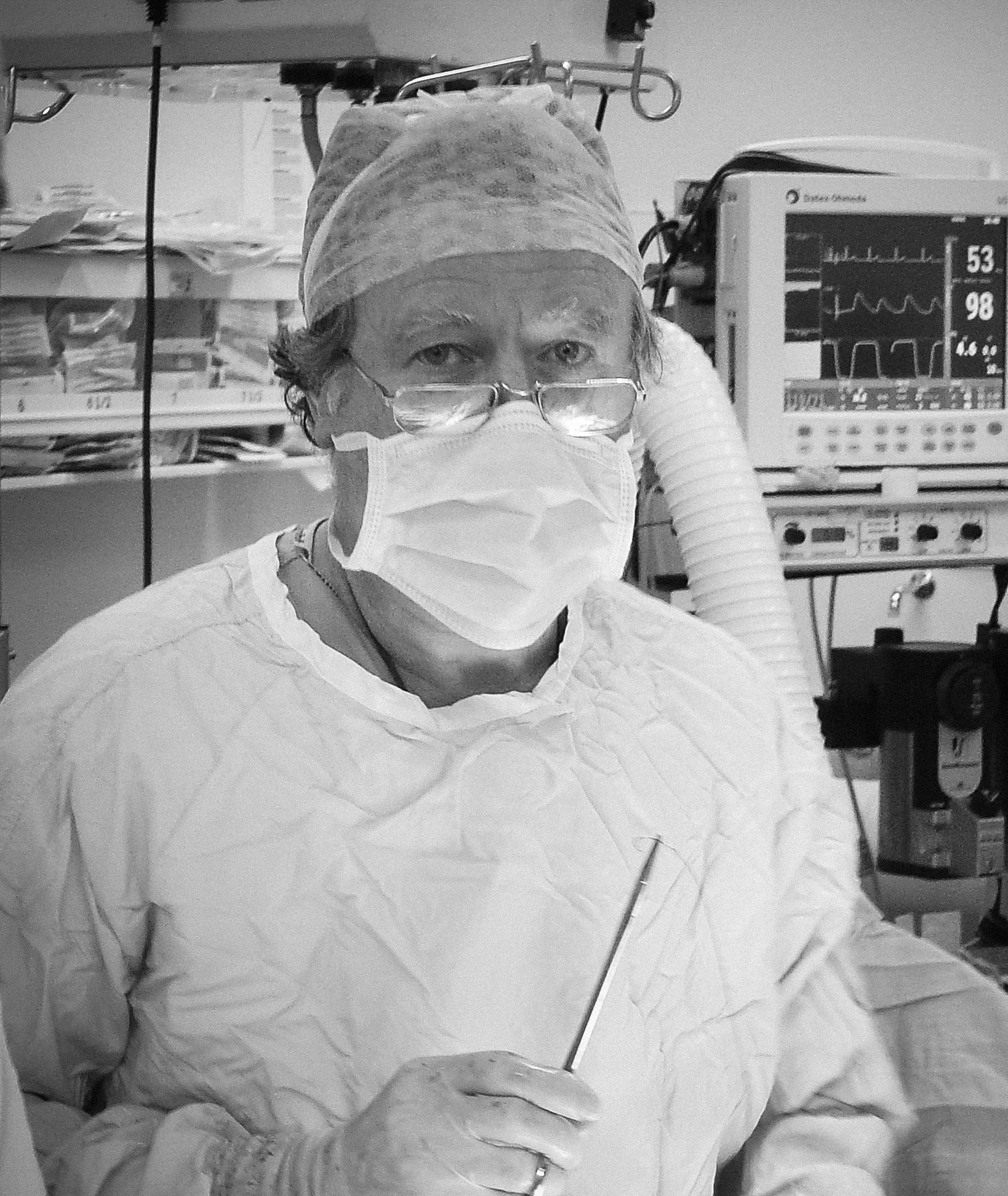‘Suffering is not a sign of failing to be the best version of oneself, but a necessary part of the process of becoming who we want to - and should - be.’
—John Armstrong, Life Lessons from Nietzsche
Ian Mackenzie was my mentor for many years as a young doctor. He always struck me as immensely all-knowing and gifted in thought, action and word. A true gentleman and an exceptional surgeon. He inspired me to work relentlessly to be the best version of myself.
Armstrong’s interpretation of Nietzsche’s writing is an important reminder that we all have the opportunity to achieve great things, whether it’s in our art, our work or our personal lives. Nietzsche wrote:
‘To call someone ‘divine’ means ‘Here we do not have to compete’. Furthermore, everything that is complete and perfect is admired; everything evolved is underestimated. Now, no one can see in an artists work how it evolved: that is its advantage, for wherever we can see the evolution we grow somewhat cooler.’
Cooler, but closer to the realisation that we too have the power to reach after great things. It calls for grand effort and slow mastery by practice and repetition, perseverance, success and failure. The things we wish to accomplish are indeed within our reach. But the path inevitably involves disappointment, annoyance with oneself, envy and frustration.
This suffering we feel is not only normal, but a necessary part of the journey. It’s through these pains that good things emerge, not any sort of spontaneous luck.
